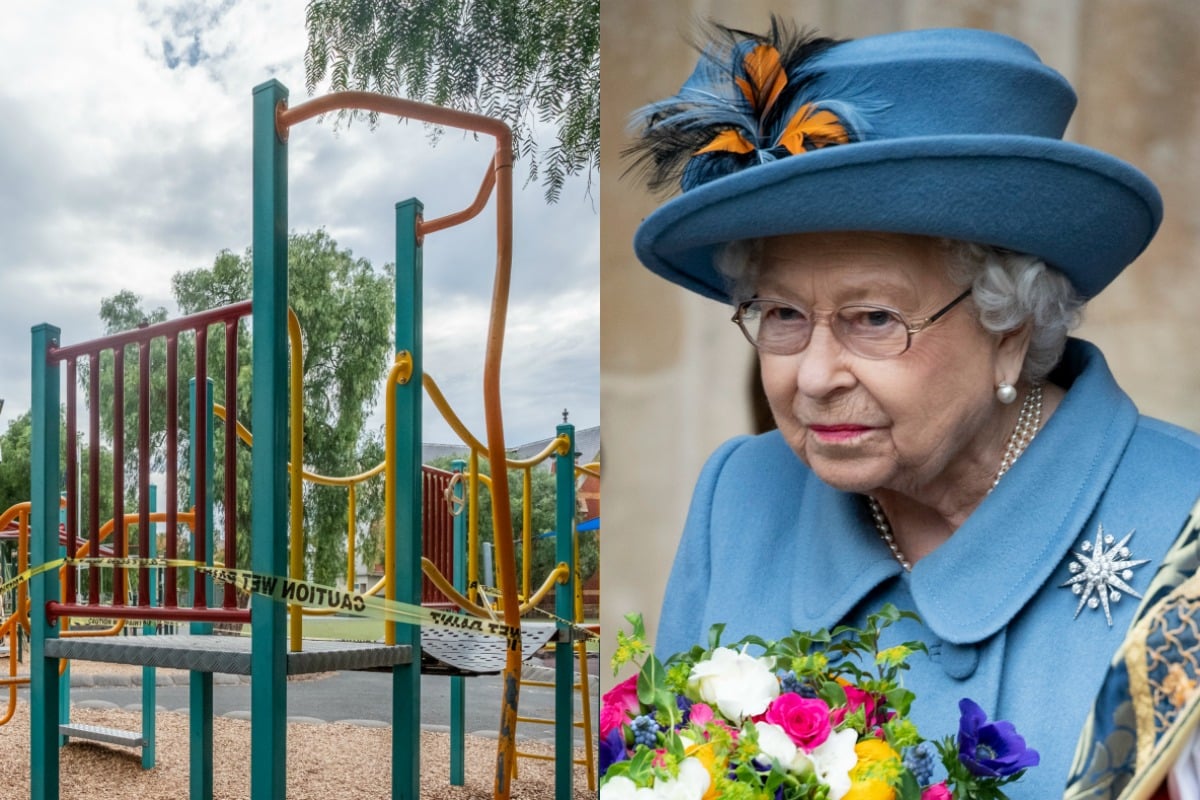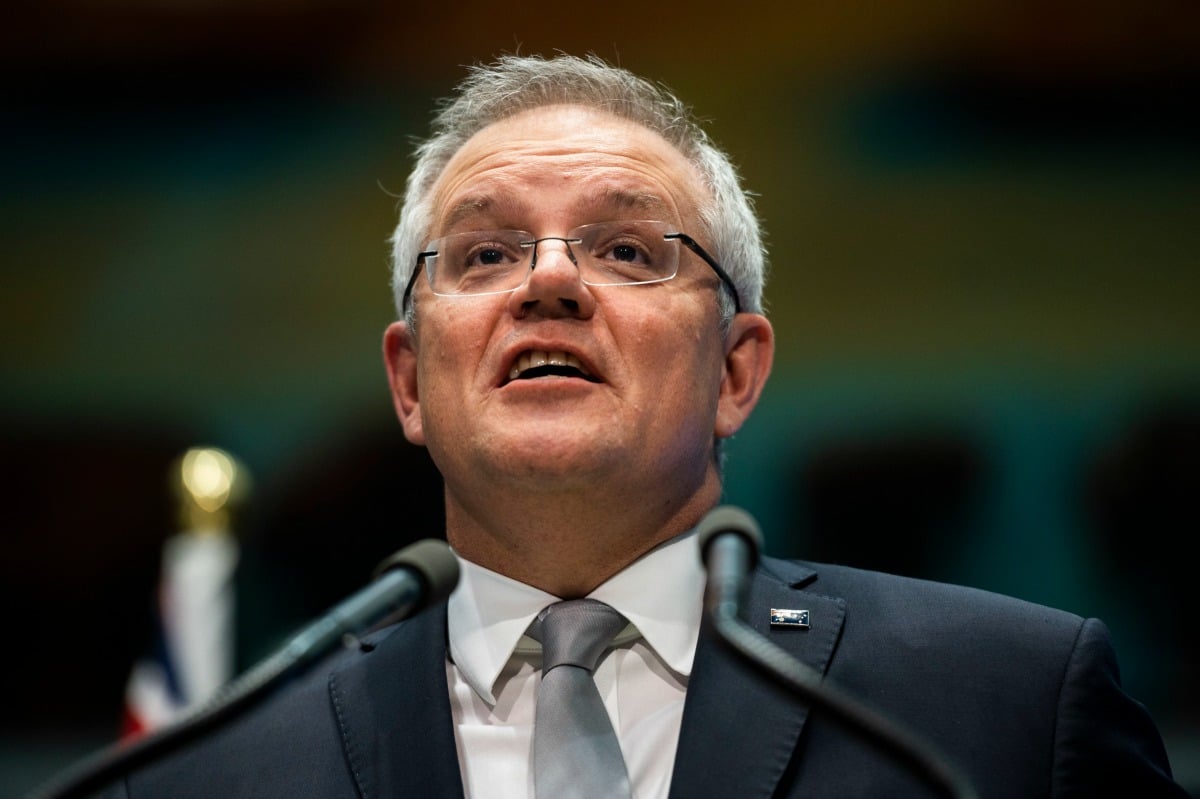
Kids start returning to school.
Students in NSW and Queensland will start heading back to school today.
In Queensland, children enrolled in kindy, prep, and years one, 11 and 12 will be the first cohorts to return to school.
It is proposed students from years two to 10 will return to school from May 25, but the state government will reassess this on Friday.
NSW students will return for one day of face-to-face learning per week from today, with attendance to increase over the course of the term.
The government has urged parents to be vigilant about their children’s health and to keep them away from school if they exhibit any symptoms of coronavirus.
Social distancing guidelines will be maintained in classrooms and extra health measures will be in place, including additional cleaning and health equipment in sick bays.
Lunch breaks will also be staggered.
NSW Premier Gladys Berejiklian said it is not compulsory to send children to school and parents would not be penalised for keeping them at home.
Mamamia’s daily podcast The Quicky explores ‘re-entry anxiety’. Post continues after podcast.
Businesses urged to stagger work start times.
Businesses are being urged to stagger the times employees start and finish work, ahead of a planned easing of COVID-19 restrictions over the coming months.
Authorities have begun planning for the resumption of normal trading, with the Commonwealth and state governments readying for the associated influx of people on public transport.





























































































